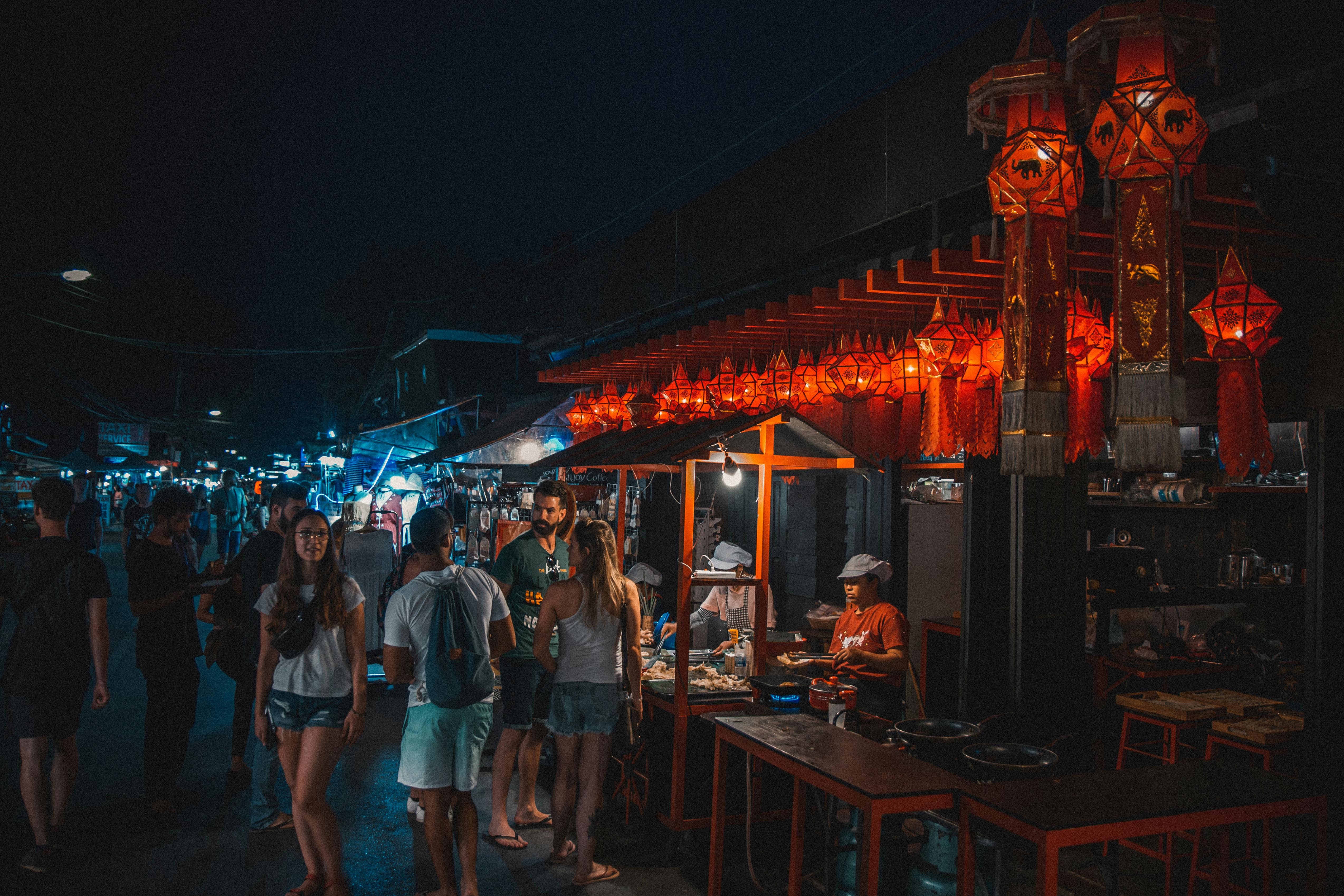Unveiling the Allure of Dark Tourism: A Deep Dive into Its History, Trends, and Impacts
In recent years, there's been a noticeable shift in the preferences of global travelers. The allure of sunny beaches and tranquil mountain retreats is being challenged by a different kind of tourist attraction — the dark and the macabre. Welcome to the world of dark tourism. This article explores the history, current trends, and impacts of this intriguing travel style.

History of Dark Tourism
Dark tourism, the act of visiting sites associated with death, suffering, or disaster, is not a new phenomenon. From the Roman gladiatorial games in the Colosseum to the public executions in medieval times, humans have always shown an intriguing inclination towards the macabre. However, it wasn’t until the 1990s that this trend was officially recognized and named ‘dark tourism.’
Current Trends in Dark Tourism
Despite its grim connotations, dark tourism is experiencing an unprecedented boom. Popular destinations include the Auschwitz-Birkenau concentration camp in Poland, Ground Zero in New York, the Hiroshima Peace Memorial in Japan, and the Chernobyl Exclusion Zone in Ukraine. A notable trend in dark tourism is the rise of guided tours that offer visitors a curated experience, complete with historical context and expert insights.
Advantages, Challenges, and Impacts
Dark tourism provides a platform for remembering and learning from history. Sites associated with genocide, war, or disaster often serve as stark reminders of our collective past, fostering empathy and understanding. However, the trend also poses ethical dilemmas. Balancing the educational value against the risk of exploitation and voyeurism is a significant challenge. The impact on local communities, who may still be grappling with the aftermath of the events commemorated, is also a concern.
Practical Tips and Interesting Facts
- Dark tourism demands a respectful approach. Always remember that these sites are not typical tourist attractions.
- Some destinations may require a permit or guided tour for access. Do your research beforehand.
- The popularity of dark tourism has led to the creation of a Dark Tourism Research Group at the University of Central Lancashire in the UK.
Conclusion
Dark tourism, while controversial, offers a unique perspective on travel. It challenges us, provokes deep thought, and encourages us to remember and learn from our past. As this trend continues to grow, it’s essential to approach it with respect and empathy, recognizing its potential to educate and enlighten as well as its capacity to exploit and offend. As with all travel experiences, understanding and respecting the local context is crucial.




